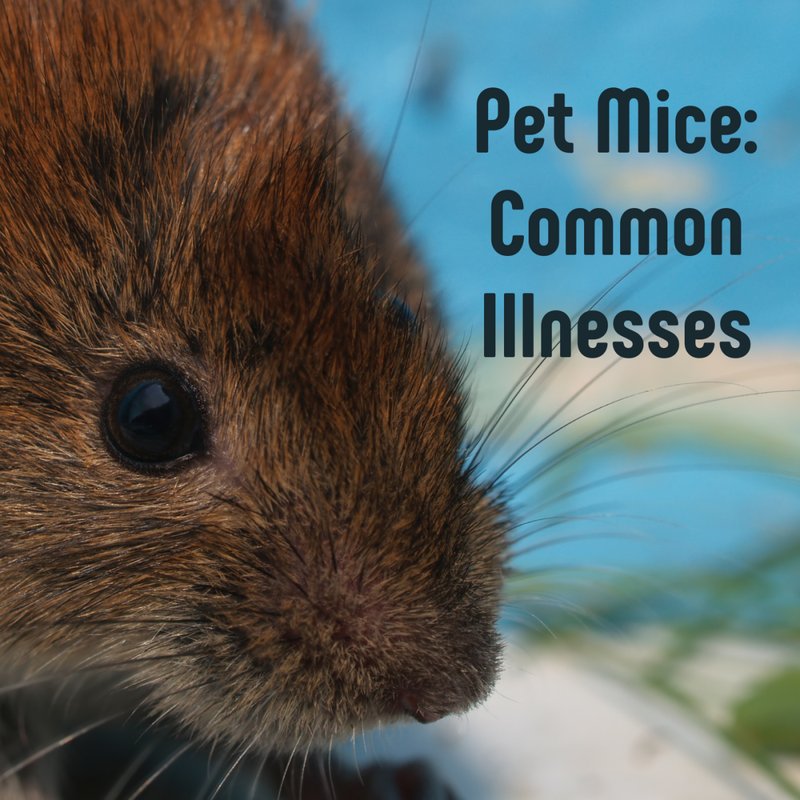
Imagine your frizzie mouse as a little athlete. Just as athletes need the right training and care to perform at their best, your mouse needs proper attention to stay healthy. From diet choices to habitat maintenance, every little detail matters. Let’s dive into some common health issues these adorable rodents face and learn how to keep them happy and thriving.
Respiratory Issues
Respiratory problems are among the most common health issues frizzie mice encounter. These issues can arise from stress, poor living conditions, or exposure to irritants like dust or ammonia. You might notice symptoms like sneezing, labored breathing, or runny noses.
Here’s the thing: a frizzie mouse’s respiratory system is delicate. If you see signs of illness, it’s crucial to act quickly. Make sure their cage is in a well-ventilated area and free from drafts, as frizzie mice can become stressed in harsh conditions. Regular cleaning is essential, too—ammonia from urine can irritate their sensitive systems.
To prevent respiratory issues, consider these tips:
- Choose bedding that doesn’t produce dust, like aspen or paper-based options.
- Keep the cage clean and ensure proper ventilation.
- Avoid smoking or using strong scents around their living area.
Dental Problems
Frizzie mice have continuously growing teeth, which means dental health is vital. If they don’t have enough items to gnaw on, their teeth can become overgrown, leading to pain and difficulty eating. You might find them eating less or showing signs of distress when they try to chew.
It’s a bit like us needing a regular dentist check-up to prevent cavities. For your mouse, you can help them maintain their dental health at home. Here are some preventive measures:
- Provide chew toys, wooden blocks, or untreated branches.
- Include hay in their diet to help wear down their teeth naturally.
- Regularly check their teeth for signs of overgrowth.
If you notice any dental issues, reaching out to an exotic vet is a wise step. They can safely trim overgrown teeth and offer advice tailored to your mouse’s needs.
Obesity and Diet-related Issues
Frizzie mice love to munch, but without the right diet, they can quickly become overweight. Just like too many snacks can lead to health issues for us, the same goes for your pet. Obesity can lead to a host of problems, including diabetes and heart disease.
To keep your frizzie mouse at a healthy weight, offer a balanced diet that includes high-quality pellets, fresh fruits, and vegetables. Think of it like a plate at a restaurant—aim for variety! Too many treats can upset this balance and lead to obesity.
Here’s a simple feeding guide:
- Offer high-quality pellets as a staple.
- Fresh veggies like carrots and spinach should be included in small portions.
- Limit high-fat treats and sugary fruits.
Regular exercise is also key. Providing a wheel or tunnels in their cage encourages them to stay active and helps with weight management.
Skin Issues
Skin problems can arise in frizzie mice for several reasons, including poor diet, allergies, or external parasites like mites. If you notice excessive scratching, bald patches, or flaky skin, it might be time to investigate further.
Environmental factors, such as bedding type or cage cleanliness, can also contribute to skin irritations. Remember, their skin is sensitive, and changes in their environment can cause stress or allergic reactions.
To help prevent skin issues:
- Ensure the bedding is free from harsh chemicals.
- Regularly clean their habitat to reduce irritants.
- Monitor for parasites and consult with a vet if you suspect an issue.
Healthy skin is important, not just for looks but for their overall comfort. A stress-free environment can often prevent many skin problems before they arise.
Digestive Issues
Frizzie mice can be prone to digestive problems, especially if their diet isn’t finely balanced. Symptoms can include diarrhea, bloating, or a reluctance to eat. Just think of a bad tummy upset for your mouse—no fun at all!
Providing fresh hay is a solid way to support their digestive system. It’s like a fiber-rich salad for them! Avoid sudden changes in diet, too, as this can lead to digestive disturbances. If you’re switching foods, do it gradually over a week or so to give their stomachs time to adjust.
To maintain digestive health:
- Include hay for fiber in their diet.
- Introduce new foods gradually.
- Keep their drinking water fresh and clean to promote healthy digestion.
If digestive issues persist, reach out to a vet. They can offer treatments or advice specific to your frizzie mouse’s needs.
Preventative Health Care
Prevention is always better than cure, and the same applies to your frizzie mouse. Regular vet check-ups help catch any potential health issues early. Just like visiting the doctor, these visits can keep your mouse in tip-top shape!
Creating a calm, enriched environment can also help prevent stress-related health problems. Ensure they have plenty of things to do—think tunnels, toys, and climbing structures. It’s like having a mini playground for them!
To summarize some preventive health care tips:
- Schedule regular vet check-ups.
- Provide enrichment activities to reduce stress.
- Maintain a well-balanced diet and clean living space.
By paying close attention to these areas, you can help your frizzie mouse live a long, happy life filled with adventures and healthy fun.
In conclusion, caring for frizzie mice isn’t just about providing food and shelter. It’s about understanding potential health issues and taking steps to prevent them. By being proactive and attentive, you can ensure your frizzie mouse remains a joyful companion for years to come. So, keep an eye on their health and enjoy the little wonders they bring to your life!

